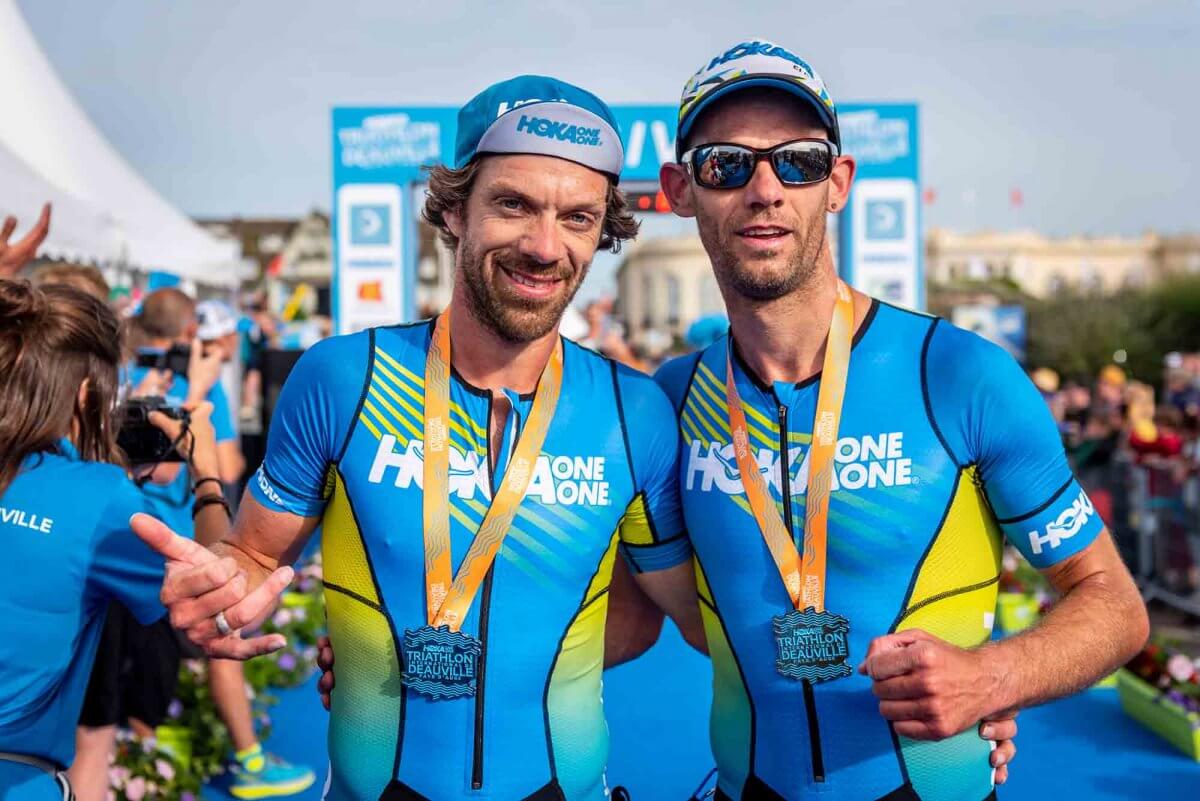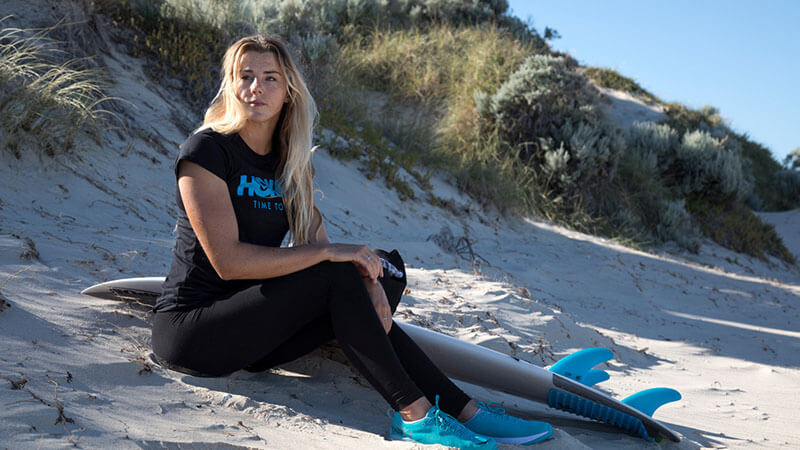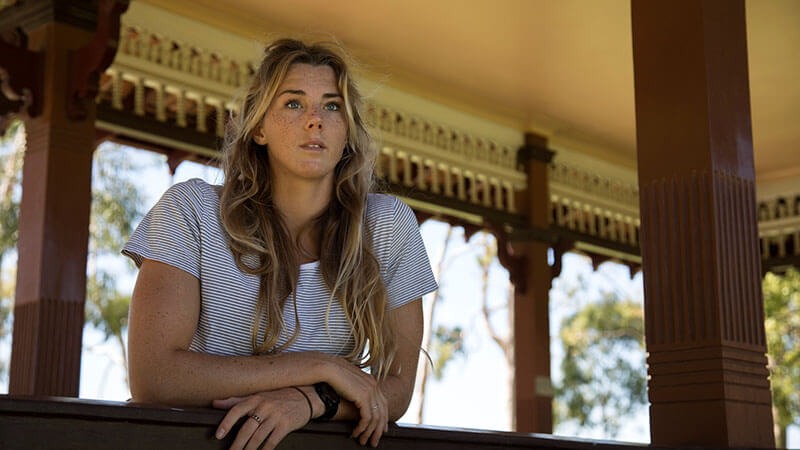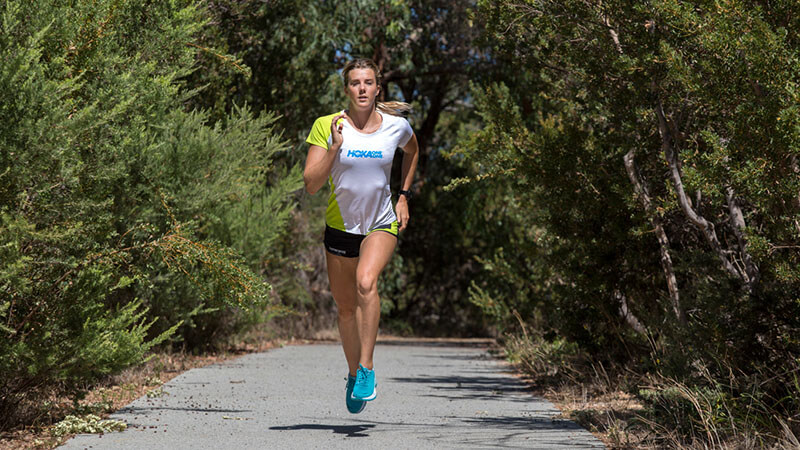
Teamwork makes the dream work, as the saying goes. But what are the characteristics of a successful sporting partnership?
Friendship must be one. Trust another. Unity and compassion a couple more. Striving together towards a shared ambition certainly requires a special understanding.
For HOKA athletes Antoine Pérel and Olivier Lyoen, these characteristics form the backbone of their tandem triathlon ambitions.
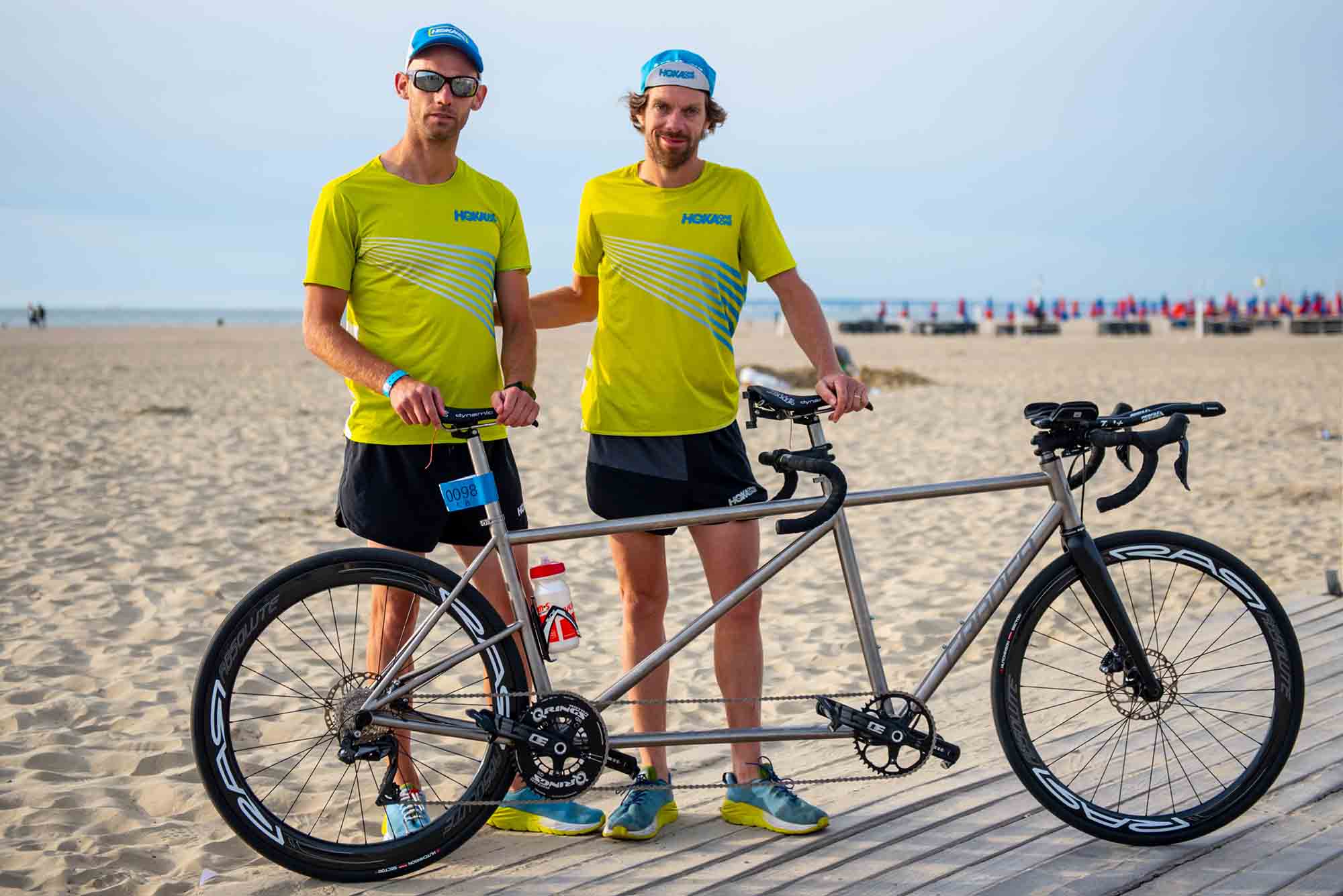
The duo have made huge strides in the short time that they’ve been training and competing together, though their backgrounds could not be more different.
Following a different path
Once joking that “my longest distance is 100 metres”, Antoine Pérel has far exceeded that in recent years.
Always active in his youth, he used to dream of becoming a professional football player like his father. But this wasn’t to be Antoine’s sporting path.
Antoine was diagnosed with cone dystrophy at the age of 10. The condition is an inherited disorder of the eye and affects a person’s ability to see colour and fine detail. At first, Antoine didn’t realise he couldn’t see anymore like everybody else.
As his condition got worse, Antoine was forced to abandon his football dreams and stopped playing the game five years later.
Success in a new sport
Sporting ambition still burned inside. At the age of 16, undeterred by his failing sight, Antoine turned his attention to athletics – and with remarkable success.
For several years, Antoine was one of the best five long jumpers in his category in the world. He held the U23 age-group world record and was the French national champion for more than a decade from 2005 to 2016.

He reached the pinnacle of his career when he competed at the 2008 Paralympic Games in Beijing. But after the discipline he competed in was removed from the Paralympics schedule in Rio eight years later, Antoine turned his back on track and field.
This second twist of fate set Antoine’s sporting path in another new direction.
Waiting for the opportunity
For Olivier, his partnership with Antoine is an opportunity that has been a long time coming.
From 2002 to 2008, Olivier volunteered to act as a guide to visually-impaired athletes. However, he was never called into action.
Eight years later, after a professional career that spanned three appearances at the IRONMAN World Championships in Kona, the call finally came.
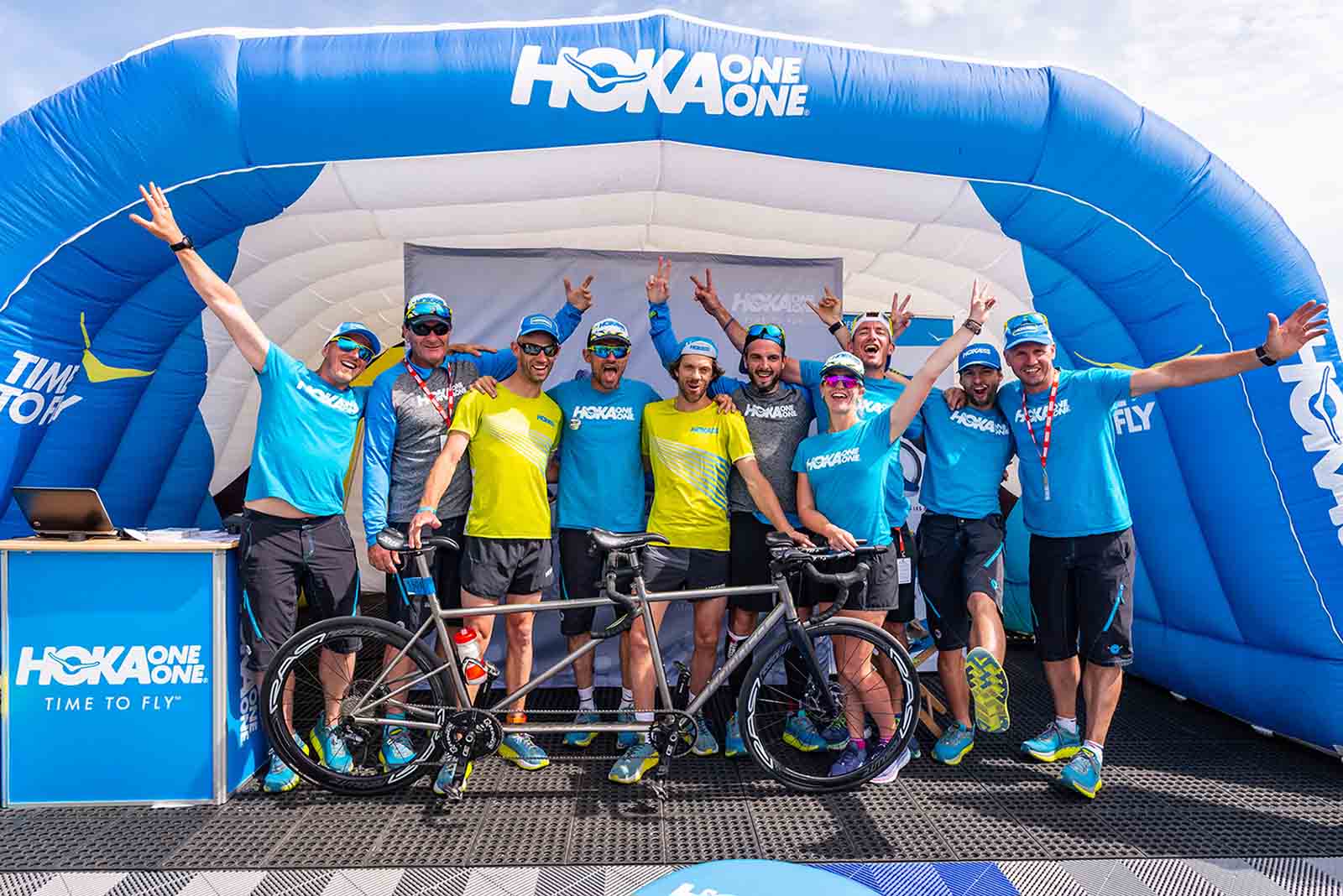
“I stopped triathlon in 2008 because my son was small and I wanted to dedicate more time to my family,” recalls Olivier.
“I did the same amount of running but it was only in 2015 that I decided to resume triathlon. I won my age category at the French Championships, qualified for IRONMAN Wales and competed at Xterra Malta.
“Guiding Antoine is much more rewarding than continuing to do triathlon alone. I achieved all the challenges that I set myself in this sport apart from taking part in the Olympics. The ambition now is to make it with Antoine.” Olivier Lyoen
“The next year, I spent a month living and training in Hawaii with my wife and children. It was after this that the call came.”
Coming together as one
While Olivier was living in the south Pacific, Antoine was taking the first steps in his triathlon career in northern France.
In a session run by the French Triathlon Federation designed to unearth promising talent, Antoine’s potential was there for all to see. The only sticking points? He had to find a tandem, a guide and learn how to swim.
Cue, Olivier.

“I train Antoine very seriously,” says Olivier.
“We found the budget to finance travel and equipment and started competing together in 2017. Before we knew it, we’d achieved two podium finishes in Paratriathlon World Cup events and won the Open World Championship in Rotterdam.
“Guiding Antoine is much more rewarding than continuing to do triathlon alone. I achieved all the challenges that I set myself in this sport apart from taking part in the Olympics. The ambition now is to make it with Antoine.”
United by shared ambition
The fledgling duo have made great progress over the last twelve months and are currently ranked 15th in the world. Tokyo 2020 is not such a pipe dream.
Antoine will soon become a father for a second time. Despite their stretched financial resources, Antoine and Olivier have a dream to realise.
“We are united by this project to take part and win a medal at the Olympics, much like two brothers united by name.” Olivier Lyoen
“Our relationship is very strong,” asserts Olivier. “We are united by this project to take part and win a medal at the Olympics, much like two brothers united by name who carry a family project.
“We look out for and take care of each other because we are a team.”

Photo credit: Peignée Verticale
